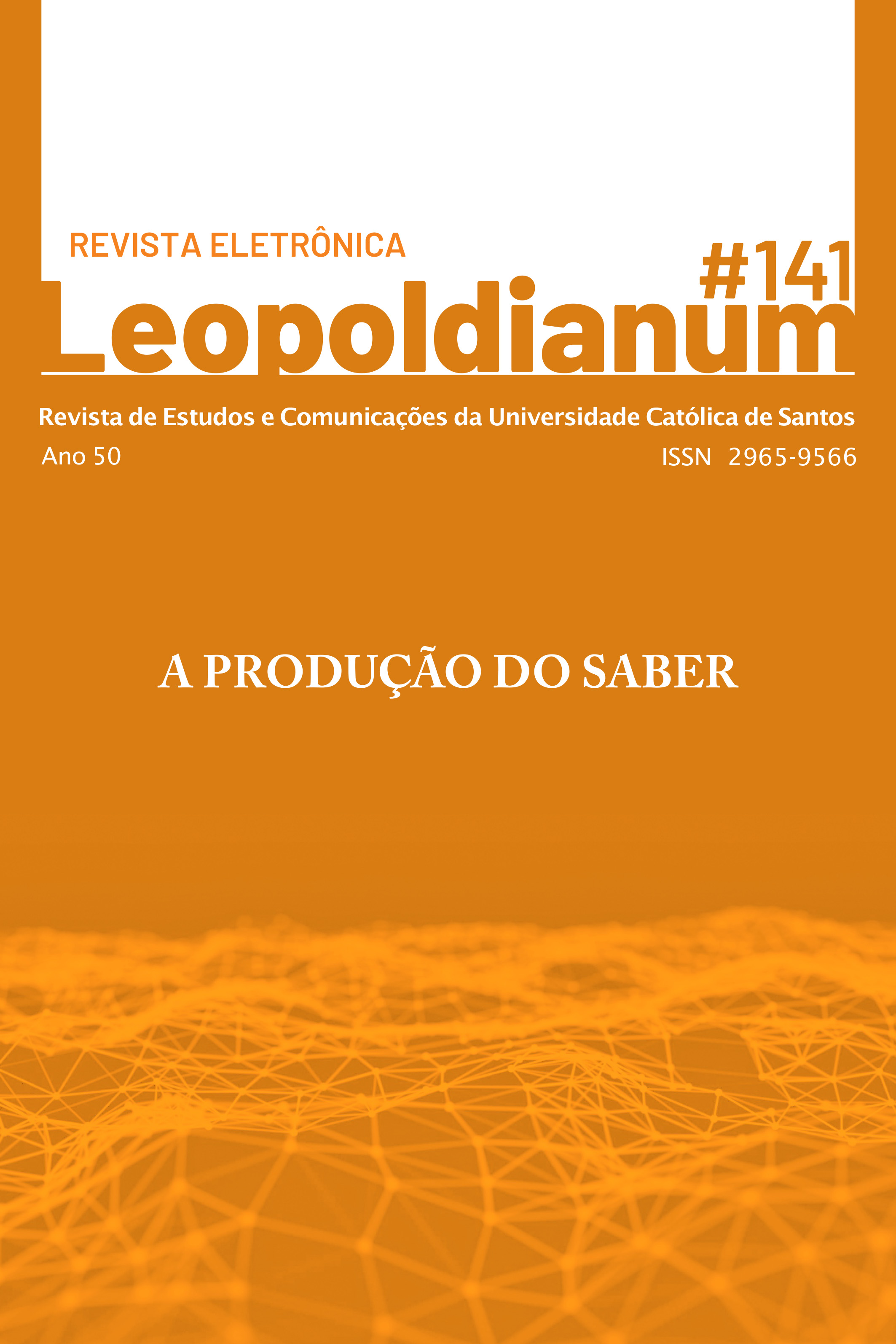THE IMPORTANCE OF THE RIGHT TO REPAIR IN COMBATING PLANNED OBSOLESCENCE
DOI:
https://doi.org/10.58422/releo2024.e1645Abstract
Planned obsolescence, an industrial practice that deliberately limits product lifespan, poses a significant contemporary challenge, negatively impacting the environment and consumer rights. This practice promotes excessive consumption and premature disposal, exacerbating resource depletion and increasing waste production. The right to repair emerges as a crucial solution, extending product lifespans and reducing the need for new acquisitions. However, the effectiveness of this right faces legal and structural obstacles, particularly in Brazil, where legislation lacks specific regulation on planned obsolescence. This article explores the legal gaps and proposes measures to strengthen the right to repair, promoting product circularity and repairability. The analysis also highlights the importance of proper electronic waste management, which reaches alarming levels, especially in developing countries. The recent European Union directive on product repairability serves as an example of how public policies can promote more sustainable consumption practices. To effectively address planned obsolescence, robust regulations, government incentives, and a cultural shift towards conscious and sustainable consumption are necessary.
Downloads
Published
Issue
Section
License

This work is licensed under a Creative Commons Attribution 4.0 International License.
A Revista Eletrônica Leopoldianum - Revista de Estudos e Comunicações da Universidade Católica de Santos (ISSN: 2965-9566) é detentora dos direitos autorais de todos os artigos publicados por ela. A reprodução total dos textos em outras publicações, ou para qualquer outro fim, por quaisquer meios, requer autorização por escrito do editor. Reproduções parciais de artigos (resumo, abstract, mais de 500 palavras de texto, tabelas, figuras e outras ilustrações) deverão ter permissão por escrito do editor e dos autores.












